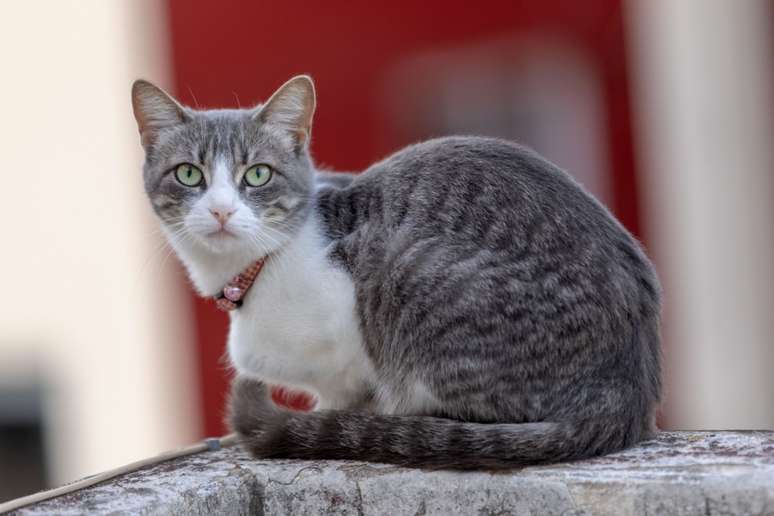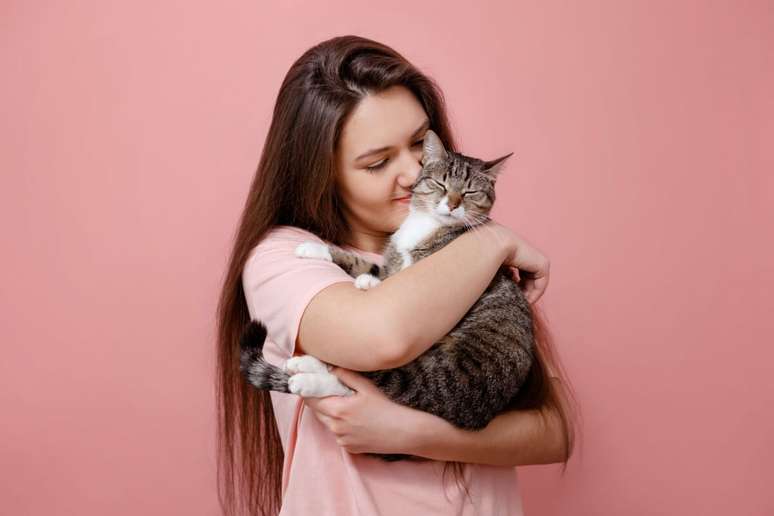Find out how some treatments can help you reduce stress and ensure the well-being of your pet
Cats are popularly seen as independent animals that do not mind the presence of people in the house. However, just like dogs, they also form deep bonds with their owners and depend on routine and human presence to feel safe and comfortable.
According to veterinarian Thaís Matos, of DogHero, Petlove’s service platform, in the absence of the owner, the animal can feel bored, needy and anxious, especially when it develops some kind of dependence and attachment to the person in charge.
“Because of the stress this absence can cause, unsupervised dogs and cats in this condition are more likely to develop a condition called separation anxiety and run risks such as injury, discomfort, chewing on an inappropriate object and causing choking, for example,” she warns.
Therefore, it is important for the owner to pay attention to the signs of separation anxiety in the cat. “If the feline exhibits unusual behaviors, such as toileting outside the litter box, lack of appetite, aggression, or excessive meowing, it is worth paying special attention,” says Henrique Baccar, a trainer who works for GetNinjas, a rental service app.
Below, check out 6 tips to reduce separation anxiety in cats!
1. Create an enriched environment
To help prevent boredom and anxiety in your cat when you are away from home, keep him interactive toysscratching posts and climbing areas. This provides distraction and entertainment for the cat, stimulating it physically and mentally.
2. Establish a routine
Cats are animals that love routine. Therefore, it is important to continue feeding, cleaning the litter box and playing at the same time. “We let that pets less anxious, less agitated, when their routine is maintained, when the pet knows what will happen and his needs are met. Any change in his daily life increases his anxiety and, therefore, he becomes more agitated”, explains veterinarian Caroline Mouco Moretti.

3. Use synthetic pheromones
Pheromones are chemicals that are naturally produced by the body of cats and play a key role in communication and social behavior in cats. In this context, synthetic pheromone products have been developed for use in veterinary medicine. They are sold as diffusers, sprays or collars and can be used to reduce stress and anxiety of cats.
4. Gradually form the absence
One way to reduce your cat’s separation anxiety is to introduce it gradually. To do this, start by leaving him alone for short periods, gradually increasing the time. This will help him get used to your absence in a controlled manner.
5. Offer rewards
When you return home, offer special toys and snacks, which you should only offer upon your return. This creates a positive association with his absence, causing the kitten wait for the treats instead of feeling anxious.
6. Consider feline companions
If possible, adopt another one cat can provide constant companionship, reducing loneliness and separation anxiety. With a feline friend, he will feel more secure and comfortable, suffering less during your absence.
Source: Terra
Ben Stock is a lifestyle journalist and author at Gossipify. He writes about topics such as health, wellness, travel, food and home decor. He provides practical advice and inspiration to improve well-being, keeps readers up to date with latest lifestyle news and trends, known for his engaging writing style, in-depth analysis and unique perspectives.








